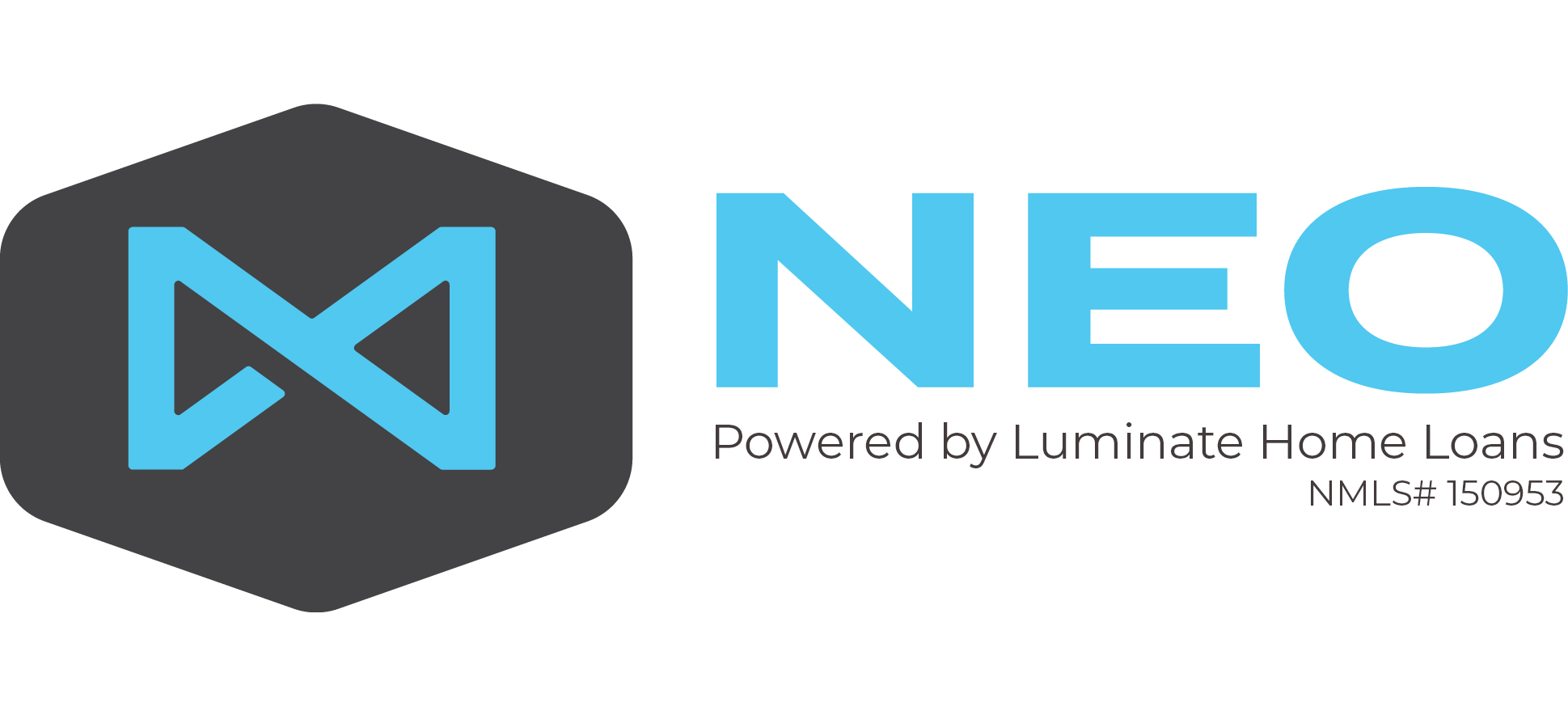
The housing bubble of 2007 & 2008 followed by The Great Recession still stings a bit for those of us who experienced the bubble bursting.
Some wonder if we are in another housing bubble. And, if so, when we can expect the bubble to burst.
The Denver Metro housing market is ![]()
![]()
![]() ! There is no doubt about that. If you are a home owner or a potential home buyer you know that’s true. As a home owner you are seeing great appreciation. Home buyers are seeing very few homes on the market and lots of buyers competing for those homes.
! There is no doubt about that. If you are a home owner or a potential home buyer you know that’s true. As a home owner you are seeing great appreciation. Home buyers are seeing very few homes on the market and lots of buyers competing for those homes.
Is that a recipe for a housing bubble?
What is a Housing “Bubble”?
What is a “bubble”?
Bubbles are created by inflating something (gum, soap, rubber, etc.). Simple.
Housing bubble, therefore, can be defined as inflated prices in the housing market.
But that leads us to another question: what does it mean to be inflated?
Inflated housing markets occur when rapid appreciation brings speculative buyers into the market with the sole purpose of making money through increasing home prices. As more and more speculative buyers enter the housing market the demand for housing increases creating even faster appreciation.
Eventually this becomes unsustainable and the speculative buyers exit the market creating a sink-hole in the market. Demand drops and therefore prices do too, bursting the bubble.
Are We in a Housing Bubble?
Housing Prices & Appreciation
Housing bubbles are created with inflated prices in the housing market. Let’s look at housing prices in Denver Metro since 2014:

Some quick math gives us some appreciation rates over time:
- 2014 to 2018: 10.8% annual appreciation
- 2015 to 2018: 9.4% annual appreciation
- 2016 to 2018: 9.6% annual appreciation
- 2017 to 2018: 10.7% annual appreciation
That is some pretty amazing appreciation when you consider that between 1963 and 2008 the average annual housing appreciation was 5.4%.
Going back to our definition of a housing bubble and the first requirement being high appreciation means that this could be the start of a bubble.
Speculation & False Demand
The next requirement of a housing bubble is speculative buyers entering the market and creating a “false” demand. Let’s look at the supply of homes on the market right now compared to the past.
Housing inventory is measured in time periods (weeks or months). Meaning, at the pace at which homes are being sold and the number of homes on the market how long would it take for all the current homes to be sold.
A healthy housing market is said to have a 6 month supply. In March 2018 Denver metro had a supply of just 4 weeks! That is merely 15% of a “healthy” housing market.
Now, let’s look at the number of investors (which could be speculative buyers) in the market.
Between 2003 and 2016 21.8% of all home owners were investors. That hit a high in 2005 (Just ahead of the previous housing bubble. Coincidence? I think not!) at 27.7%. Every year between 2011 to 2016 we have continued to see a decrease in investors in the market hitting 18.8% in 2016. As of February 2018 the number of investor home buyers decreased to 15%.
From the numbers it does not appear that investors are flooding the market creating “false” demand.
2008 Housing Crash
What caused the housing crash of 2008? There are many factors that played into it but let’s look at what was possible back before the bubble burst.
Mortgage loan options existing for individuals with credit scores under 580.
In some cases those buyers with lower credit scores did not even have to prove their income. You either stated what your income was, without proof, or didn’t include income as part of the qualifying process!
Many of the mortgages had very high limits on the amount you could borrow in comparison to the home value, sometimes exceeding 100% or even 103%!
Oh, and many people were getting interest-only adjustable rate mortgages, or even negative amortization loans (you didn’t even pay enough to cover the interest charged). Sometimes they had balloon payments due within as little as just 2 years!
YIKES!
And in the midst of all these crazy lenient mortgage lending rules the mortgages were being packaged and sold in groups called Mortgage Backed Securities where they were marked as top-quality mortgagees but included some of these higher-risk mortgages in the bundle.
Since this crash mortgage lending rules have tightened significantly with the removal of negative amortization, interest only and balloon mortgages. Maximum loan-to-value limits have decreased to 95-97%. Income must be fully documented with pay check stubs, W2s and sometimes tax returns along with verification directly with the employer. Minimum credit scores have gone up and are normally required to be around 620 or higher (some exceptions exist).
So, are we headed for a housing bubble burst?
I don’t think so.
Yes, home prices are going up faster than historical averages.
But, I don’t see investors flooding the market based on speculation.
And, I don’t see mortgage lending rules allowing unqualified buyers to purchase homes.
What I think will happen is a slow-down. When? Not sure, but it has to at some point. I believe with rising interest rates a decrease in demand on homes will naturally occur allowing inventory levels to increase. All of this will create a slow-down in the appreciation rates we are seeing right now. But I don’t think we will see a drop in prices.
What do you think? Share your thoughts in the comments below.





Great article Scott. Is there any data that shows the median income rising so folks can afford these homes? Or will we see folks that want to live in Colorado but can’t afford prices in the metro area move to other areas that are less expensive like Pueblo and then commute.
Great question. Unfortunately data on incomes are not quite as readily available as home prices. I pulled Census data from 2014 to 2016 to see what the annual increase in income was during that same time to compare and Denver showed a 5.5% annual increase over that period of time. Compared to the housing appreciation during the same time period of 11.9% we can clearly see that housing prices are rising faster than incomes. As you stated some home buyers are considering longer commutes to work and living in areas outside Denver such as El Paso, Elbert & Weld Counties.
Do you think we are changing the demographic of people who can afford to live in the metro area?
Maybe so. Although I think every market goes through cycles. Sometimes housing prices outpace incomes and other times incomes outpace prices. As the appreciations rates stablize and slow down I would expct that incomes will start to catch back up in time. Denver Metro has certainly become a more constly place to live over the past few years – there is no doubt about that. We look at the mortgage as a tool to help our clients achieve their financial goals. In many cases buying a home can improve someone’s financial position. Housing costs is going up whether your buying or renting. Buying can be a good way to lock in the cost (or at least slow the increases) in comparison to renting.
What’s the criteria you use to determine the percentage of investors? Cash closings?
I used a report provided by the National Association of Realtors found here: http://economistsoutlook.blogs.realtor.org/2018/04/06/investors-still-active-15-percent-of-homebuyers-in-february-2017/
This does not show cash buyers but does provides the breakdown of buyers in three categories: primary home purchases, vacation/second homes and investor buyers. Hope that answers your question.
Great article Scott! Nice to see some facts and perspective to show to potential clients. Everyone seems to be asking these days if we are in a bubble.
Thank you Joan!
Thank you for the article. I think you hit the nail on the head.
Gina Robie
Thank you. I appreciate your feedback.
I believe that was true in June, but the market has been saturated with homes for sale. So it is a buyers market now, not a sellers market, especially in Denver Area.